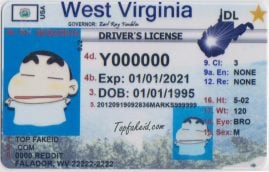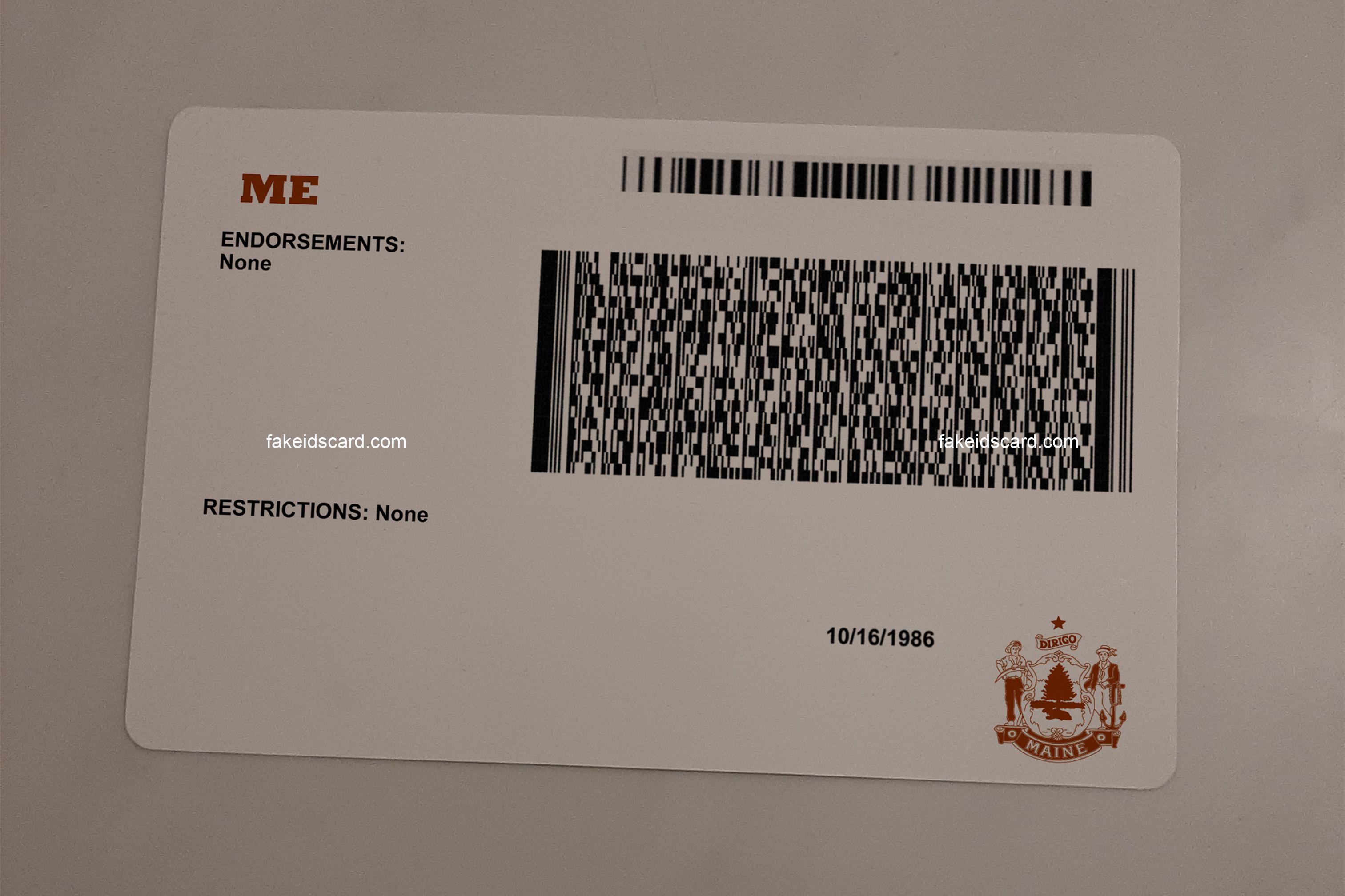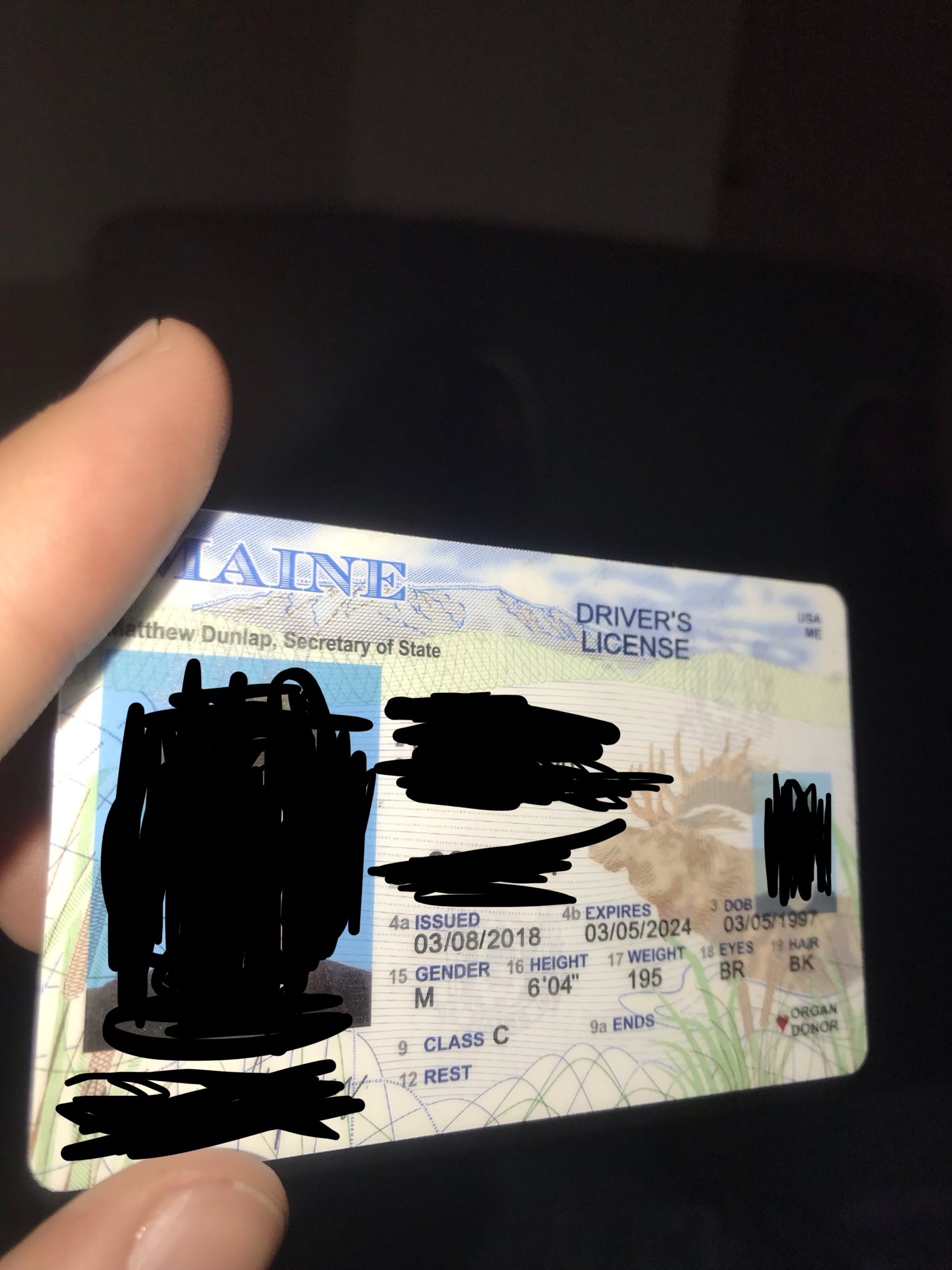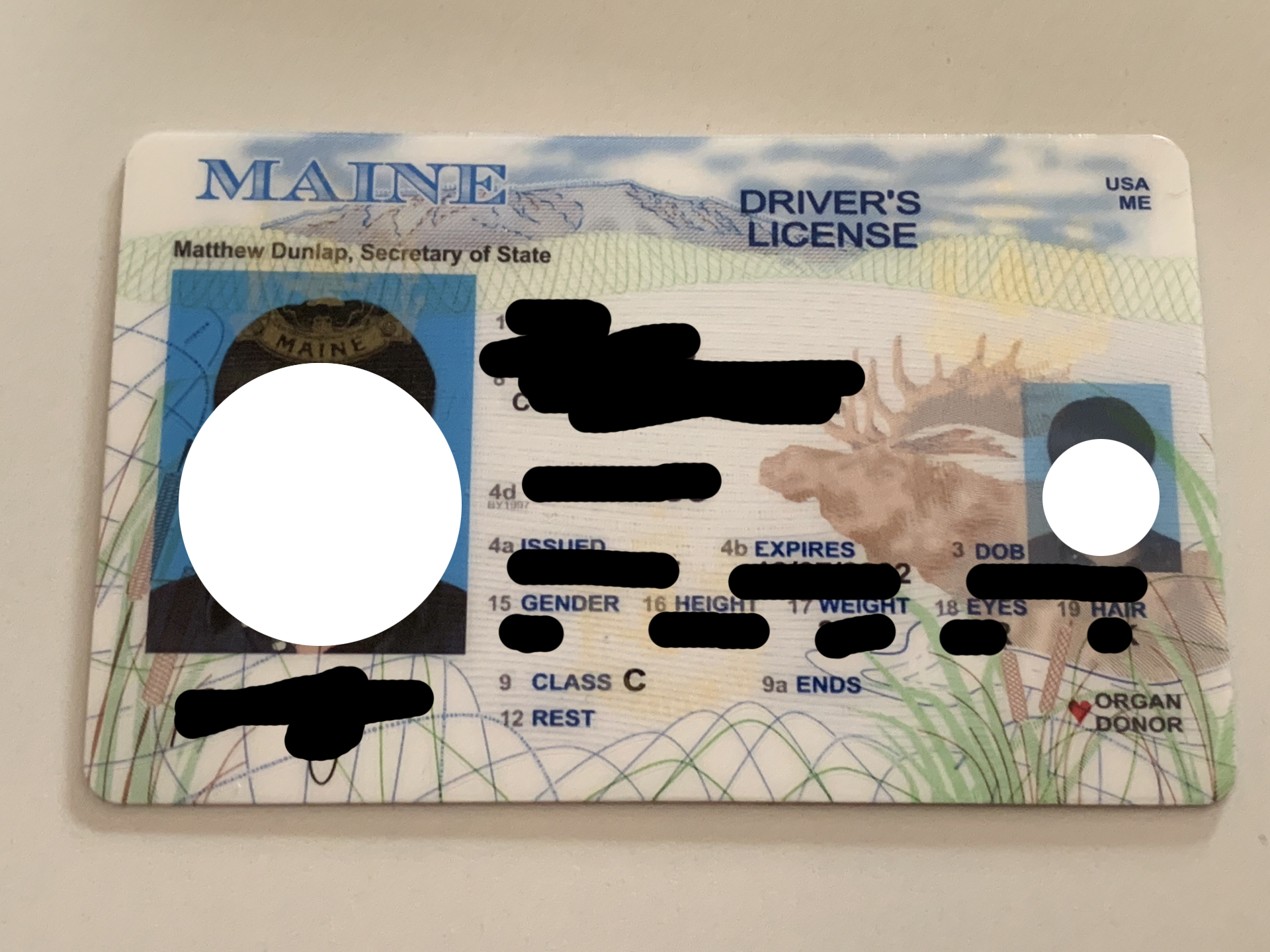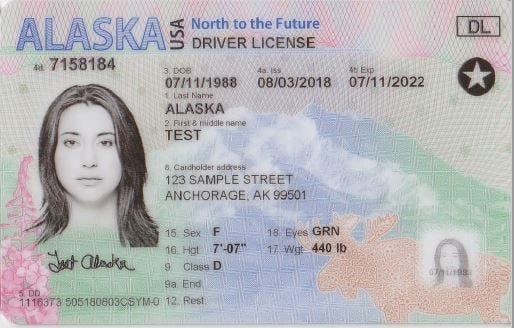Maine Scannable Fake Id Charges
2023-06-29 2023-06-29 16:05Maine Scannable Fake Id Charges

Maine Scannable Fake Id Charges
Title: Understanding Maine Scannable Fake ID Charges: Protecting Yourself Online
Introduction:
In today’s digitized world, scannable fake IDs have become increasingly prevalent, especially among college students seeking to gain entry into age-restricted venues or purchase alcohol illegally. However, the production, possession, and use of fake identification documents are illegal and can expose individuals to serious legal consequences. In this article, we will focus on understanding Maine’s laws regarding scannable fake ID charges. It is essential to be well-informed about the potential risks, legal implications, and steps to protect oneself against these charges.
I. Maine Laws on Fake IDs:
Maine, like most states, has laws in place that explicitly address the production, possession, and use of fraudulent identification documents. According to Maine Revised Statutes, Title 29-A, Section 2101, it is illegal to create, reproduce, possess, or use any form of false identification with the intent to deceive or defraud others.
II. Penalties for Scannable Fake ID Offenses:
The penalties for scannable fake ID charges in Maine can vary depending on the severity of the offense. Possessing or using fraudulent identification documents is a Class E crime, which can result in up to six months in jail, a significant fine, or both.
If the scannable fake ID is used to perpetrate a more serious crime, such as identity theft or attempted fraud, the offender may face additional charges and more severe penalties. It is crucial to note that individuals convicted of these offenses may also face long-term consequences, including loss of scholarships, restricted employment opportunities, or damage to their reputation.
III. Identifying Scannable Fake IDs:
Detecting scannable fake IDs can be challenging, as modern technology has advanced significantly, making it easier for counterfeiters to produce convincing documents. However, there are several key indicators that can help identify fraudulent identification documents:
1. Poor quality: Fake IDs are often characterized by inferior printing, inconsistent colors, and noticeable flaws in the card’s design.
2. Incorrect holograms and UV features: Authentic identification documents incorporate embedded holograms or UV features that can be challenging to replicate accurately.
3. Inaccurate information: Fake IDs may contain misspelled words, incorrect dates, or inconsistent information, which can raise suspicion.
4. Unusual fonts and formatting: Counterfeit identification cards frequently use unusual fonts, incorrect spacing, or an incorrect placement of information.
IV. Protecting Oneself Online:
As the demand for scannable fake IDs continues to grow, many individuals turn to online platforms offering counterfeit identification services. However, these websites pose significant risks, including potential scams, compromised personal information, and legal consequences.
To protect oneself online:
1. Educate yourself: Familiarize yourself with your state’s laws regarding fake IDs to understand the potential consequences and make informed decisions.
2. Avoid illegal purchases: Do not engage in transactions or attempt to acquire scannable fake IDs. By abstaining from illegal activities, you protect yourself from the risks associated with such behavior.
3. Secure personal information: Be cautious when sharing personal information online and avoid platforms that request excessive data or seem suspicious.
4. Use trusted sources: If you need a valid identification document, rely only on authorized government agencies or reputable service providers.
V. Consequences of Fake IDs:
Using a scannable fake ID can have far-reaching consequences:
1. Legal ramifications: As discussed earlier, being caught with a fake ID can lead to charges, fines, potential jail time, and a permanent criminal record.
2. Educational consequences: Colleges and universities often take disciplinary action against students found using fake IDs, including suspension or expulsion.
3. Employment difficulties: A criminal record related to fake IDs can negatively impact future job prospects, especially in roles that require trustworthiness and responsibility.
4. Personal reputation: The use of fake IDs can tarnish an individual’s reputation within their community and peer groups.
Conclusion:
Understanding Maine’s laws regarding scannable fake ID charges is essential in protecting oneself from potential legal and personal consequences. It is important to make responsible choices regarding identification and to avoid participating in illegal activities that can lead to severe penalties. By educating oneself and acting within the confines of the law, individuals can safeguard their futures and the integrity of their identities.